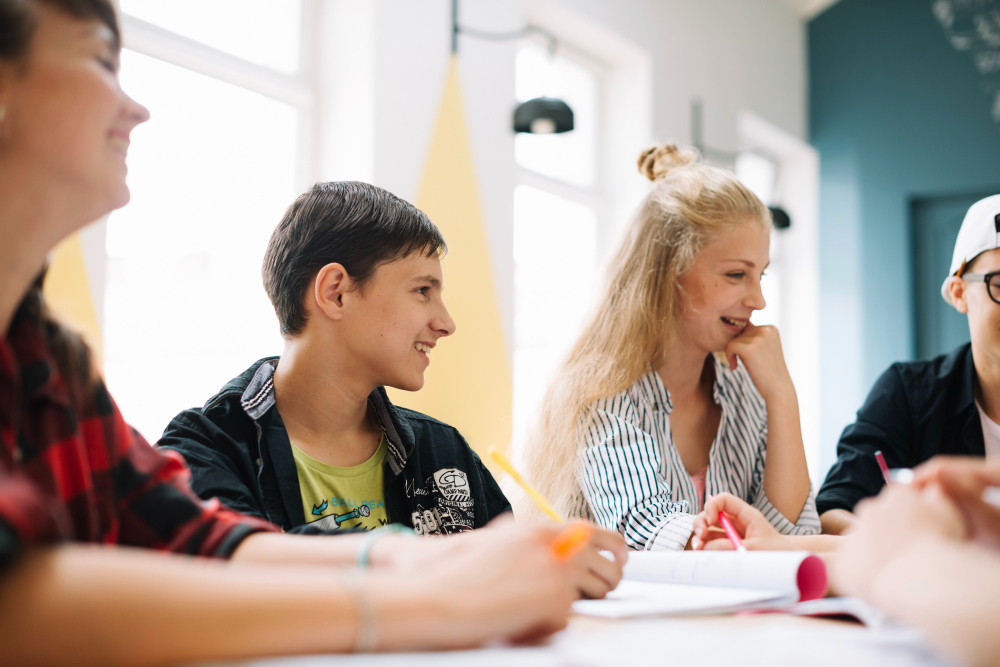I completed my doctorate at the University of Wisconsin–Madison’s School of Education, which ranks first globally among all education faculties. My dissertation specifically focused on how dialogic gatherings contribute significantly to overcoming gender-based violence. It generated extraordinary interest, which continues to grow at that faculty.
Those who claim that dialogic gatherings have not been scientifically validated in terms of their substantial improvements are lying—and they know it. If someone tells you this, ask them what other intervention produces better results and is more scientifically validated. This makes it clear that they lie, because they care little about harming education, social cohesion, and children’s well-being without any personal gain from this deterioration. Among their false claims, they argue that these scientific bases suggest pressuring participants to reveal intimate information, and that teachers are instructed not to intervene. The opposite is true: teachers are trained to promote a dynamic in which the children themselves prevent such situations. Scientific evidence shows this is more effective, because it extends beyond the gathering itself, influencing behavior on the playground and in online interactions. It reflects profound ignorance about childhood, education, and science to think that teacher intervention is more effective, especially since that intervention occurs only during the scheduled gathering.
Where such mistakes do occur is not in dialogic gatherings, but in some sexual and emotional education workshops, where minors are sometimes pressured, without parental consent, to disclose personal sexual experiences, including whether they masturbate. It is meaningful that those who spread falsehoods about dialogic gatherings remain silent about practices that are harming children’s lives. Interviews have revealed that many of these individuals derive a disturbing fascination from such practices and resent that dialogic gatherings neither implement them nor accept them, instead teaching children to resist such coercion. The ultimate test is to ask those who lie in this way: what do they do, what improvements do they introduce, and where is it scientifically validated? They do not dedicate their energy to improving children’s lives, but rather to undermining those of us who do.
Article translated from Periódico Educación
PhD from the University of Wisconsin-Madison, in the best school of education in the world


